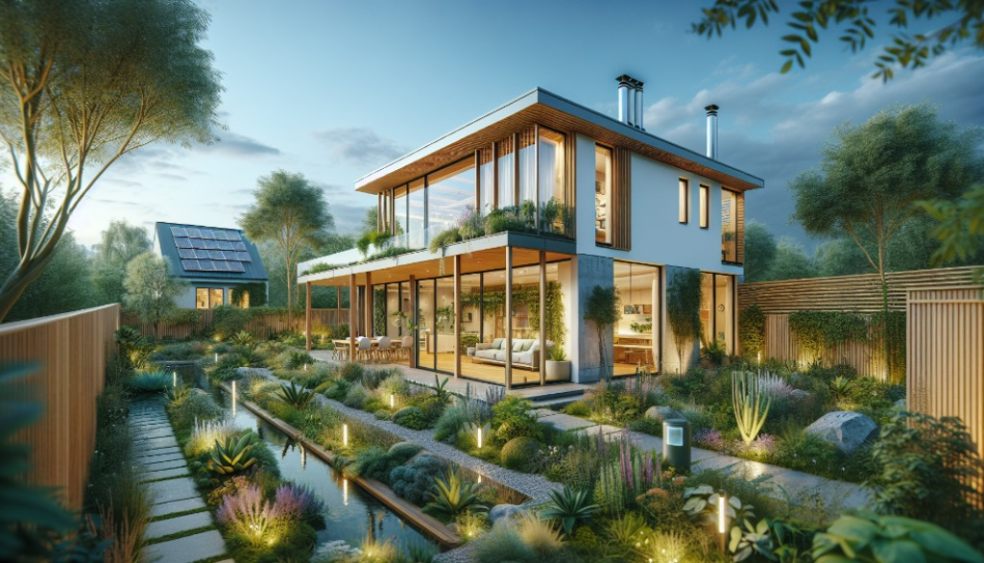
Sustainable Home Improvement Tips for Exeter Residents
Discover how to make your home more eco-friendly with practical and affordable tips. Sustainable living is not just a trend; it's a necessary step for a healthier planet. Here are some effective strategies specifically for Exeter residents.
Making your home more sustainable can seem like a daunting task, but it doesn't have to be. By adopting a few key practices, you can significantly reduce your carbon footprint and even save money in the long run. Whether you're looking to make minor adjustments or undertake major renovations, these tips will guide you in creating a greener home.
Energy efficiency improvements
One of the first steps to a more sustainable home is improving its energy efficiency. This can be achieved through various measures such as upgrading your insulation, using energy-efficient appliances and installing smart thermostats. For instance, triple glazed windows offer superior insulation compared to traditional double glazing, keeping your home warmer in winter and cooler in summer.
Additionally, switching to LED lighting can drastically reduce your energy consumption. LEDs use up to 80% less energy than traditional incandescent bulbs and last much longer. Implementing these changes not only benefits the environment but also lowers your utility bills.
Water conservation techniques
Water conservation is another critical aspect of sustainable living. Simple actions such as fixing leaks promptly, using low-flow showerheads and installing dual-flush toilets can make a big difference. In the garden, consider using rainwater harvesting systems to collect and reuse water for irrigation purposes.
Using drought-resistant plants in landscaping can also help reduce water usage. These plants require minimal watering and are well-suited to Exeter's climate. By implementing these techniques, you can conserve water and contribute to the sustainability of local water resources.
Sustainable materials and practices
When it comes to renovations or new builds, opting for sustainable materials is crucial. Materials such as reclaimed wood, bamboo and recycled metal are excellent choices due to their low environmental impact. Additionally, using non-toxic paints and finishes helps maintain indoor air quality.
Consider working with local suppliers who prioritise sustainability in their products and practices. This not only supports the local economy but also reduces the carbon footprint associated with transporting materials over long distances.
Renewable energy sources
Investing in renewable energy sources like solar panels can greatly enhance your home's sustainability. Solar panels convert sunlight into electricity, providing a clean and renewable source of energy. While the initial investment may be high, government incentives and long-term savings on electricity bills make it worthwhile.
You can also look into other renewable options such as wind turbines or ground-source heat pumps, depending on your property's suitability. Transitioning to renewable energy reduces dependence on fossil fuels and contributes to a greener planet.














